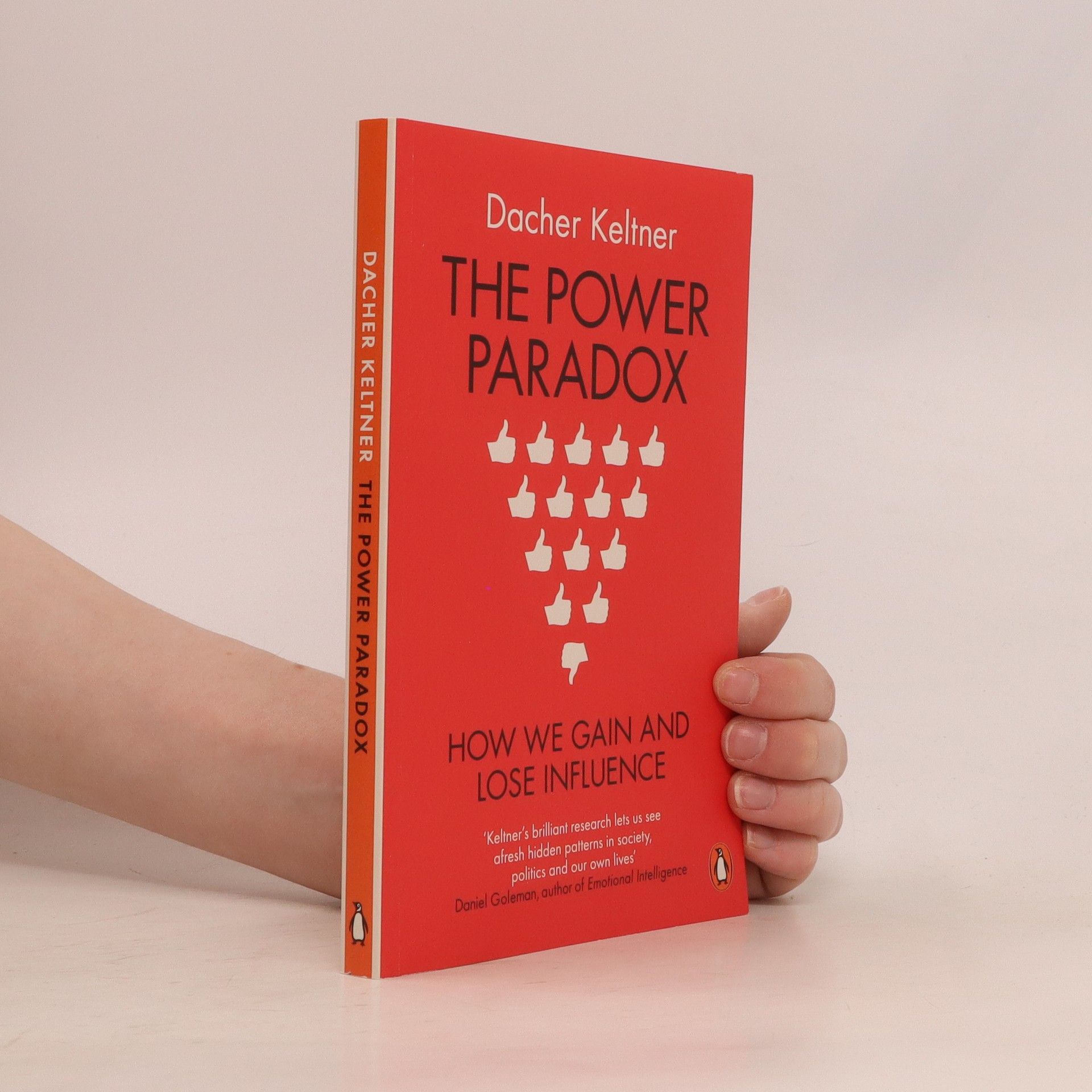The Power Paradox
- 208pages
- 8 heures de lecture
A revolutionary rethinking of everything we know about power It shapes every interaction we have, whether we're trying to get a two-year-old to eat green vegetables or ask for a promotion at work. But how do we really gain and maintain power - through coercion or cooperation? What does it do to our behaviour? And what makes us lose power? In twenty revolutionary 'power principles', renowned psychologist Dacher Keltner turns everything we thought we knew about influence and status upside down, redefining power for our times. 'Keltner is the most interesting psychologist in America. It's only a matter of time before his ideas spread everywhere' Michael Lewis 'Sheds light on human power's dark side, as well as its redeeming qualities. Everyone can learn from this wise book' Susan T. Fiske, author of Social Cognition 'A lively description of how true power is like a return on a social investment in others' Frans de Waal, author of Are We Smart Enough to Know How Smart Animals Are? 'Lively and intriguing ... A much-needed dose of positivity' Prospect





